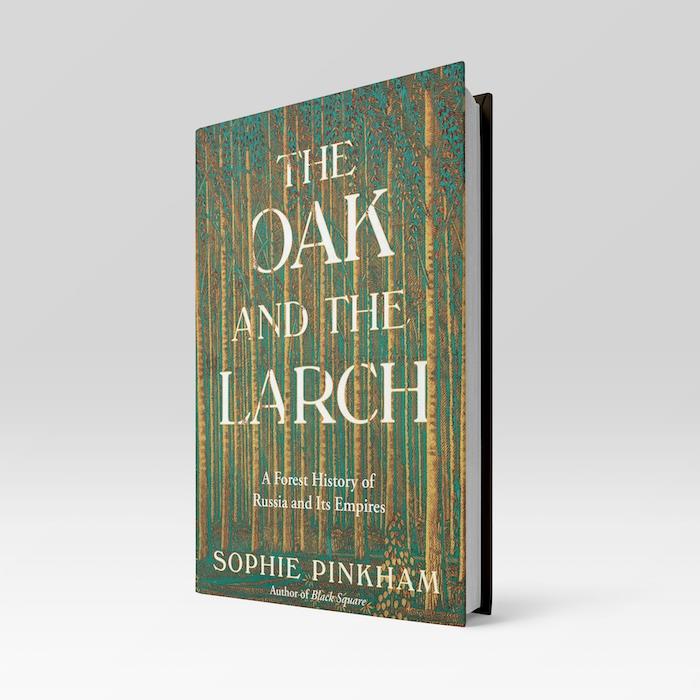
 Department Homepage
The College of Arts & Sciences
Department Homepage
The College of Arts & Sciences
Collaborative play transcends borders, cultures
A new play about borders has found an unusual way to transcend them: by integrating local experiences in each new place it is performed.



